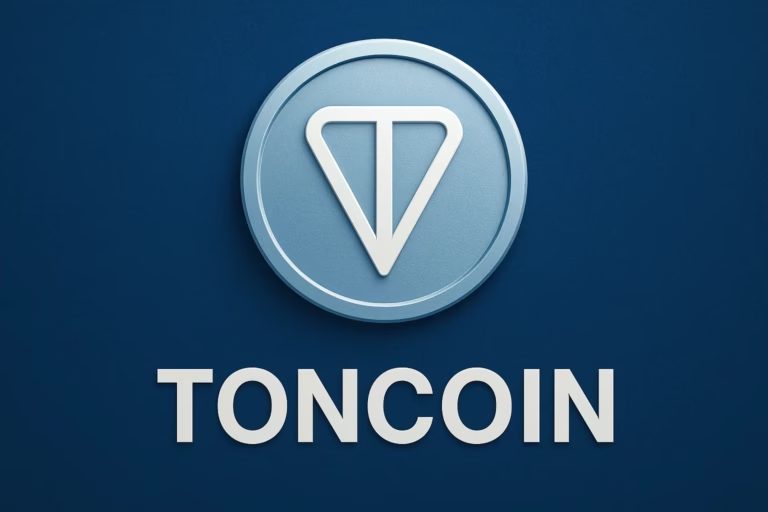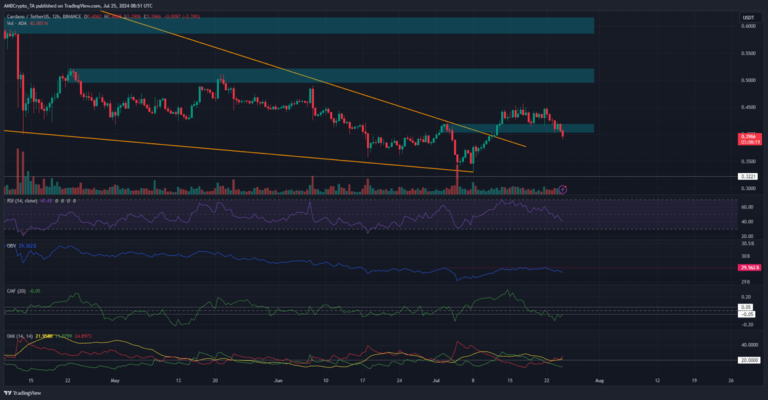
- Standard Chartered is launching a spot trading desk for Bitcoin and Ethereum, marking a significant move into the crypto industry and potentially challenging Binance’s dominance.
- Binance CEO Richard Teng welcomed the bank’s entry, which highlights the growing institutional adoption of digital assets despite regulatory challenges.
In a groundbreaking move, Standard Chartered, a global banking giant, has announced its plans to launch a spot trading desk for Bitcoin and Ethereum. This decision marks the bank as one of the first major traditional financial institutions to directly engage in trading the top digital assets, posing potential competition to Binance, the world’s largest crypto exchange by trading volume.
A Welcome from Binance
Richard Teng, the CEO of Binance, has expressed a warm welcome to Standard Chartered’s foray into the crypto industry. This development signals a significant milestone for the crypto community, as it represents a growing acceptance and adoption of digital assets by traditional financial institutions.
Binance, which handles over 53% of Bitcoin’s trading volume on centralized exchanges according to Kaiko data, has faced its share of regulatory hurdles in recent years. The entry of a renowned bank like Standard Chartered into the crypto trading space not only adds credibility to the industry but also highlights the increasing demand for institutional crypto services.
Institutional Adoption and Regulatory Challenges
Standard Chartered’s new trading desk, set to operate out of London as part of the bank’s foreign exchange trading unit, underscores the bank’s commitment to meeting the evolving needs of its clients. A spokesperson for the bank stated, “We have been working closely with our regulators to support demand from our institutional clients to trade Bitcoin and Ethereum, in line with our strategy to support clients across the wider digital asset ecosystem, from access and custody to tokenization and interoperability.”
This move is in line with Standard Chartered’s broader strategy, as the bank already holds stakes in Zodia Custody and Zodiac Markets, both of which provide services like crypto custody and over-the-counter trading of digital assets. The bank’s initiative reflects a broader trend of institutional adoption of cryptocurrencies, driven by the need for traditional financial institutions to adapt to the evolving economic landscape. The approval of several crypto-related ETFs in major markets such as the US and Hong Kong further underscores this trend.
However, the path ahead is not without challenges. Banks must navigate a stringent regulatory environment regarding their exposure to digital assets. The Basel Committee on Banking Supervision, for instance, advises banks to assign a 1,250% risk weight to unhedged crypto exposures. In the US, regulations from the Securities and Exchange Commission (SEC) also pose significant compliance requirements.
A Significant Step Forward
The crypto community has largely embraced Standard Chartered’s move, viewing it as a significant step towards the continued institutional adoption of digital assets. As more traditional financial institutions like Standard Chartered enter the crypto space, the industry is likely to see increased legitimacy and broader acceptance, paving the way for future growth and innovation in the digital asset ecosystem.







